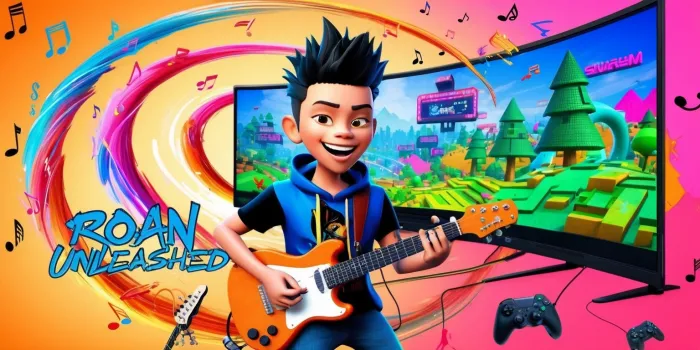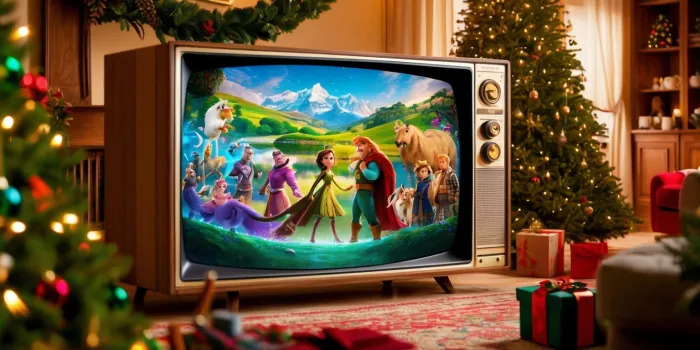 2024-12-26 05:10:05
2024-12-26 05:10:05 Wicked: A Radical Reflection on Politics and Society in Modern Cinema
The potential implications of a popular film like Wicked being banned have sparked considerable debate. With its bold themes and messages, it has captured the attention of filmmakers and audiences alike. Recently, a prominent director expressed his thoughts on Jon M. Chu's ambitious two-part musical adaptation, emphasizing its importance in the present socio-political landscape.
Adam McKay regards Wicked: Part 1 as a strikingly radical work that addresses pressing political issues such as career ambition, authoritarianism, and media influence. He believes that the film resonates deeply in today's context, where the political environment is increasingly influenced by right-wing ideologies and skewed narratives.
While acknowledging that Wicked: Part 2 might convey a different tone, McKay insists that the first installment serves as a powerful commentary on contemporary societal dynamics. He even suggested that should the political atmosphere remain unchanged, the film might run the risk of facing censorship within a few years.
Although McKay did not provide an official critique, he expressed high regard for the performances, particularly praising Ariana Grande's portrayal as "incredible." His reflections draw parallels with other significant cinematic works, like The Sound of Music and Doctor. Strangelove, which similarly engaged with political issues during their respective eras.
Lastly, McKay emphasizes that Wicked is part of a rich tradition in Hollywood where films exist to challenge conventional beliefs, even if their bold nature may provoke discomfort among certain audiences. This raises an interesting question: is Wicked's political commentary too provocative for today's viewers?




Leave a comment
Your comment is awaiting moderation. We save your draft here
0 Comments